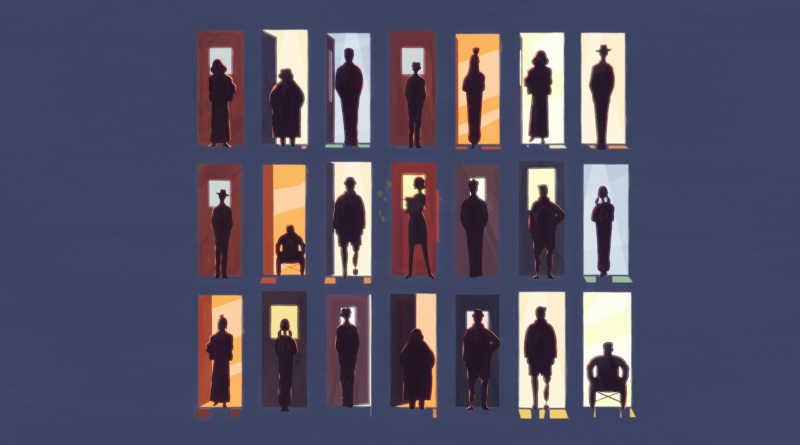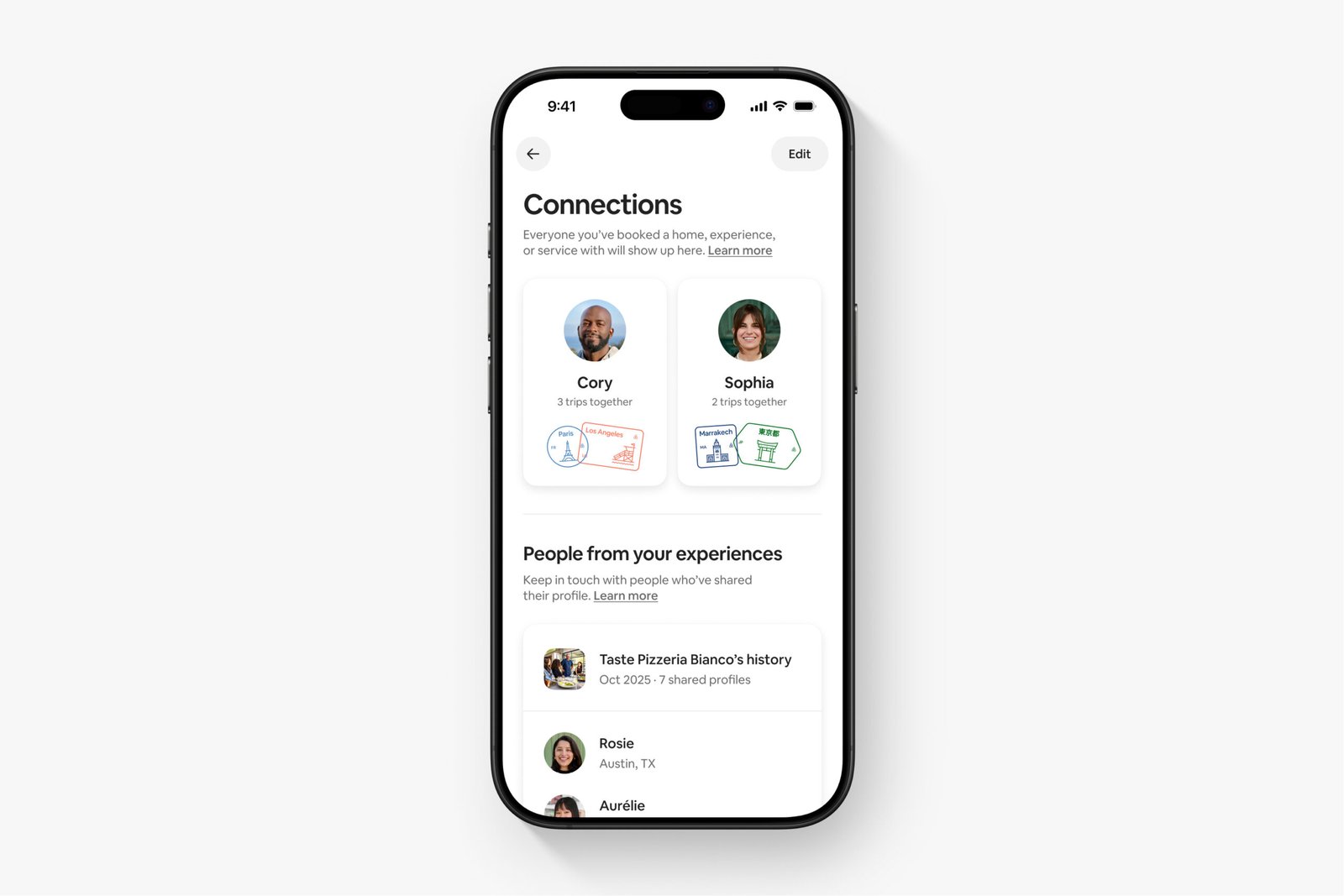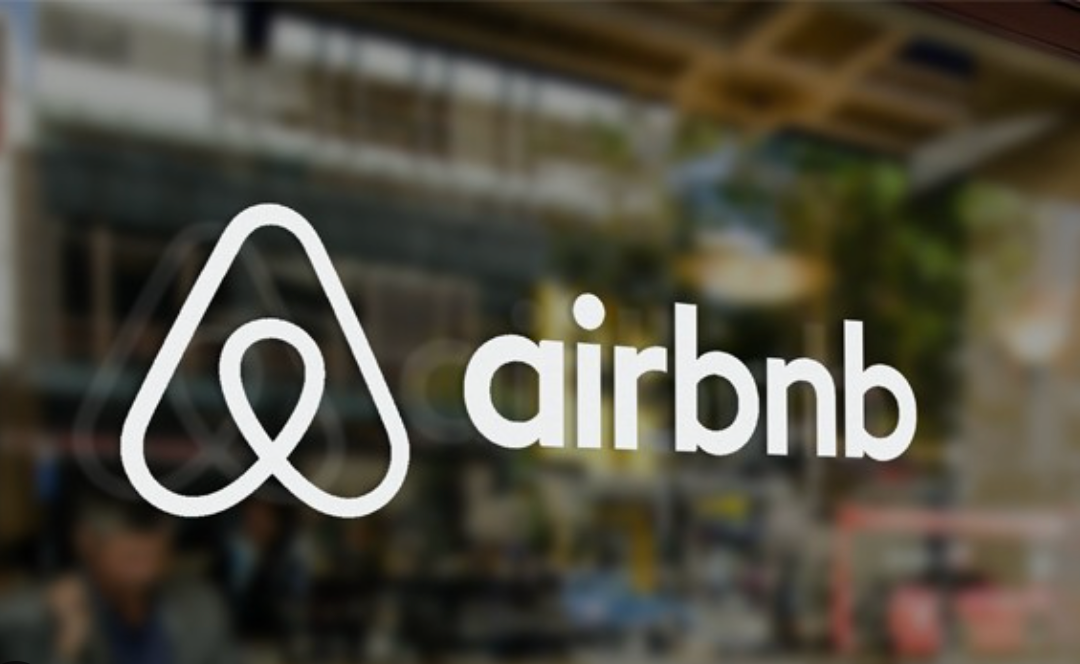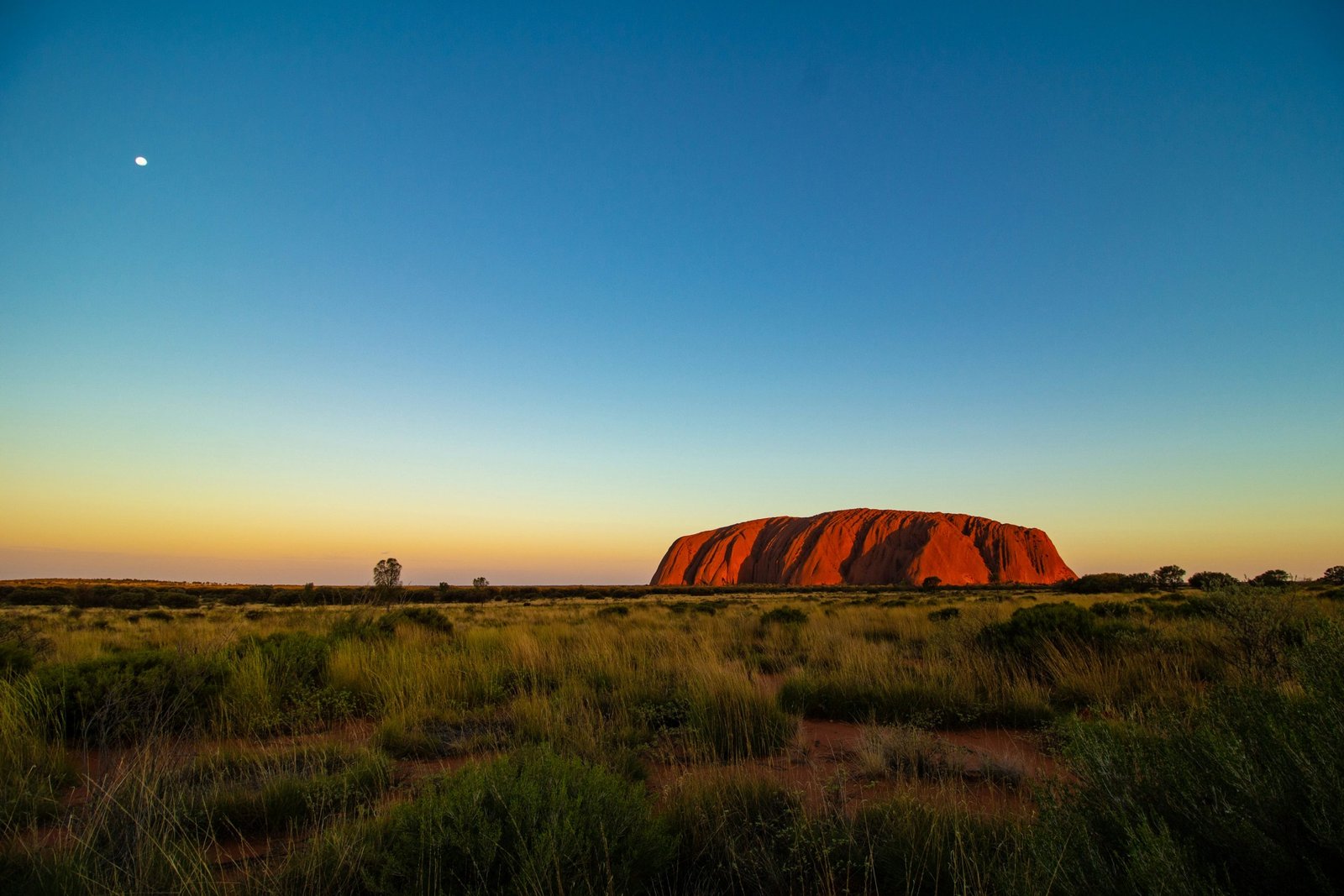Worldwide: A recent study of over 9000 Airbnb hosts has concluded that the low opt-in rate of an optional pricing algorithm on the home-sharing platform by black hosts is increasing racial disparities in earnings from bookings.
The study, carried out by researchers at Carnegie Mellon University in Pennsylvania, USA, centred around Airbnb’s ‘Smart Pricing’ built-in tool, which analyses relevant data and factors for a property listing and allows hosts to set their prices to automatically go up or down based on changes in demand for similar listings. The feature was launched in 2015 to secure more bookings for its host community.
Although Carnegie Mellon University researchers discovered that the algorithm lowered racial disparities in income when hosts had opted into the feature, it was caused by a significant drop in demand for listings owned by black hosts, who themselves were more reticent to use the tool and therefore widened the discrepancy.
Param Vir Singh, the paper’s author and professor at Carnegie Mellon University, told The Financial Times: “The most surprising finding was that even though the algorithm was benefiting both black and white [hosts] more, it led to greater social inequality in the whole population, because of significantly [lower] adoption rates amongst black hosts. So even a well-meaning algorithm can lead to greater social inequality - there are unintended consequences of algorithms.”
Over 9000 Airbnb properties in 324 zip codes across seven US cities were randomly selected by Carnegie Mellon University to take part in the study which analysed their respective earnings. The study lasted 25 months [between July 2015 and August 2017] and in that period, 2,118 properties opted in to Airbnb’s Smart Pricing tool for an unspecified amount of time.
Among the observations made by researchers, it was found that white hosts brought in on average $12.16 more than black hosts prior to the launch of the Smart Pricing feature, although other factors including location demand would also have contributed to the statistic.
Meanwhile, the revenue disparity among those taking up the tool was lowered to $3.46, as the algorithm adapted to fluctuations in demand and pricing for homes owned by black hosts and demand.
However, in comparison with white hosts, adoption of the Smart Pricing tool among black hosts was 41 per cent lower, accentuating the revenue gap between black and white hosts with an increase to $14.30 following the introduction of the algorithm.
Airbnb has made conscious strides to root out perceived discrimination on its platform, exemplified by its launch of anti-discrimination initiative Project Lighthouse in collaboration with US-based non-profit civil rights advocacy group Color of Change last June.
The project was set up to measure discrimination based on perception, using a unique, privacy-centric methodology that both determines a user’s assumed ethnicity and the discrepancy in their experiences which can be attributed to racial biases, particularly with the backdrop of protests around the world over perceived systemic racial injustices and inequalities.
In response to the suggestion that differing adoption rates of the optional pricing algorithm had widened racial disparities on Airbnb, a company spokesperson said: “We developed our Smart Pricing tool to help ensure every Airbnb host has the tools needed to capture the economic benefits of home sharing and to address the very disparities this study examines. The number of active listings in the United States using Smart Pricing has increased more than 50 per cent over the last three years as we have worked to educate hosts on the benefits of this tool.
“We plan to leverage Project Lighthouse to examine the usage of our Smart Pricing tool by perceived racial groups and we will continue to take steps to help make sure our platform remains a place that creates economic opportunity for our hosts,” they added.
Groups such as Color of Change are reiterating calls for independent regulators to be provided with access to internal Airbnb data which would allow them to assess racial discrepancies from an objective standpoint.
Five years ago, a Harvard report revealed that guests with “distinctively black names” were up to “16 per cent less likely to be accepted relative to identical guests with distinctively white names”.







